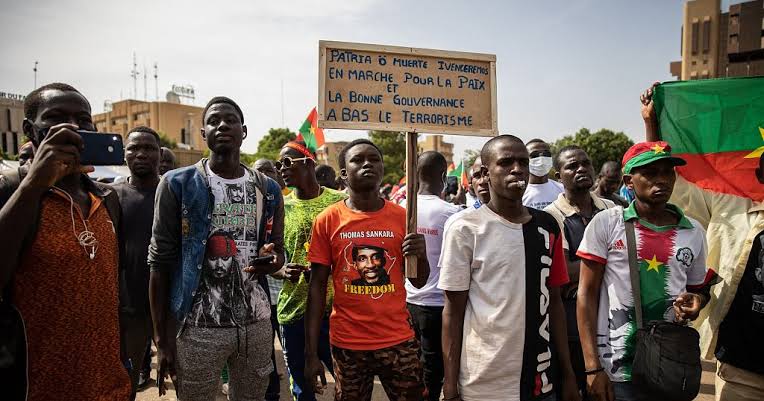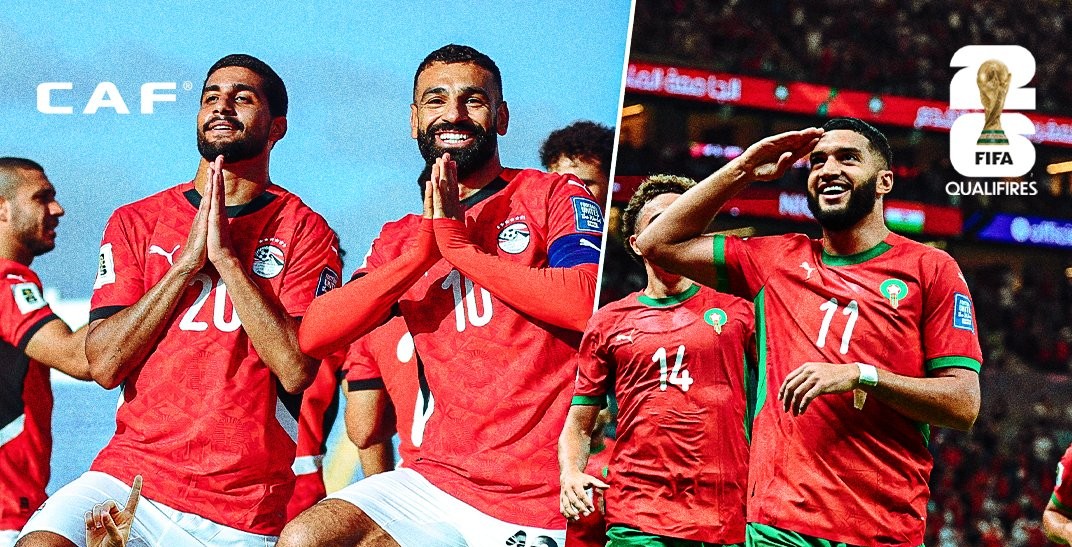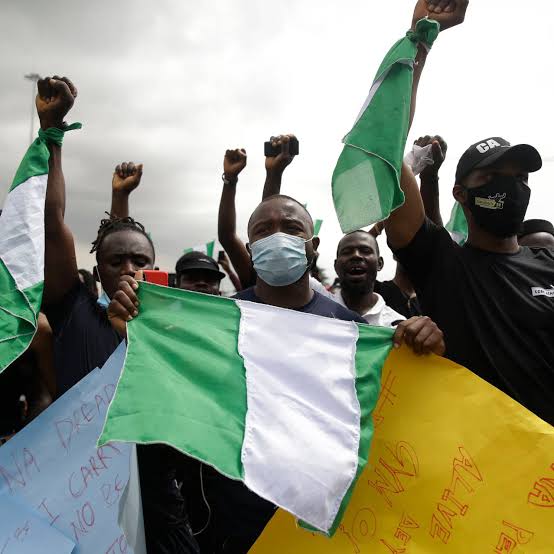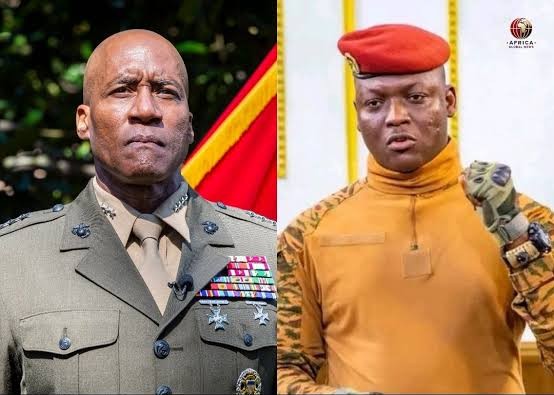Opinion: Can Burkina Faso truly lead the modern African revolution?

Burkina Faso citizens protesting in support of Captain Traore coup. Photo Credit- Africa News
Burkina Faso has been in the global media spotlight for its revolution, which seems to be at stake, its young leader, Captain Ibrahim Traore, hailed by many as a revolutionary beacon for a new Africa, while others see his regime as a sleeping tiger, only awakened when the ideals become shortlived. Since seizing power in a September 2022 coup, Traore has positioned Burkina Faso as a symbol of anti-imperialist agitation, expelling French forces and switching to Russian support. His vision of sovereignty and economic self-reliance has sparked hope that Burkina Faso could start a modern African revolution.
However, beneath these visions lies a current reality: Burkina Faso’s mounting crises, from jihadist violence to economic decline, make it an unlikely dawn for such a movement. Traore’s visions, while bold, risks becoming a chapter in the history book of revolutionary overreach rather than a blueprint for Africa’s future.
Traore’s vision for Burkina Faso
Traore, at 36 the world’s youngest leader, draws inspiration from Burkina Faso’s revolutionary icon, Thomas Sankara, who renamed the nation “Land of Upright People” in 1984. Traore’s policies are no different from Sankara’s Pan-Africanist zeal: he’s approved Burkina Faso’s first gold refinery to retain mineral wealth, banned raw mineral exports to curb exploitation, and rejected Western aid in favor of partnerships with Russia and China. Social media users have praised Traore as “the new Sankara,” reflecting a sentiment that Burkina Faso could lead an African revolution against neocolonialism, inspiring nations to reclaim sovereignty.
This vision can be felt across the African continent that seems to grow tired of Western influence. More African countries, including Burkina Faso, have adopted measures to reduce foreign NGOs, similar to Traore’s push for self-determination. His expulsion of French troops in 2023 only shows his vision and a desire for domestic control; a model that could inspire others. But understand me when I say inspiration alone does not make a revolution sustainable, and Burkina Faso’s current realities could blur the light or fade the hope of this revolution.
RELATED STORIES
Opinion: Is US condemnation of Burkina Faso’s Captain Traore a right initiative
Niger, Mali, Burkina Faso exiting ECOWAS? All you should know
Global Tariff War: Why Nigeria should embrace China
Why Traore’s vision for Burkina Faso or Africa may fail
To address this challenge, permit me to start with Burkina Faso’s most pressing challenge which is the jihadist insurgency, killing thousands and displacing millions in over a decade. Traore’s forced conscriptions, criticized by the US Department of State in 2023, aim to improve a depleted military, but they have also reduced civic space, with political parties restricted and public opinion heavily managed. With these situations; one could ask “how can you lead a revolution when your people are dying?” as revolutions require stability, yet Traore’s Burkina Faso is a nation under siege, its northern and eastern borders porous to attacks from groups like Jama’at Nasr al-Islam wal Muslimin.
The insurgency has as well affected the country’s economy. Despite some growth rebound in 2023, industries like gold refineries remain vulnerable to insecurity. Traore’s gold refinery, while a step toward self-reliance, is still far from settling the offset of more than 27% of the population needing humanitarian aid in 2024. A revolution that cannot secure its people or economy is a flash in the pan, and Burkina Faso’s fragility undermines its revolutionary aspirations.
Moreover, Traore’s anti-Western stance, while popular, has isolated Burkina Faso from potential allies. The US Senate, via AFRICOM’s General Langley, condemned Traore some days ago, alleging gold revenues sustain his regime rather than the people. While this critique seems to be born of neocolonialism as many critics on social media have called it “interference”. It however, shows the cost of Traore’s move for closing the door against Western partnership while prioritizing Russian support. As such, several critics like myself have warned that having such relationship with Russia or China may as well lead to exploitation similar to that of France.
Now, away from external relationship, it has been seen that Traore’s government does not condone civilian affairs like public opinion and his forced conscription measure to improve the country’s defense could be seen by his citizens as another form of repression or dictatorship which Traore himself has rebuked, claiming to be only interested in the good of his people.
Final take
So much more is left to discuss in this piece but I consider it wise to pump the brake. Burkina Faso’s revolutionary legacy, from Sankara to the 2014 uprising, is undeniable. But a modern African revolution demands more than defiance, it needs concrete results on all facet. Traore’s vision of sovereignty is compelling, but without security, economic stability, and genuine democratic space, I can only say this is a mirage.
Do not get me wrong to be an individual against Traore’s vision for Burkina Faso or Africa or someone who supports Western influence in African countries governance. However, allow me to draw this illustration using Rwanda, which have rebuilt themselves to a point of pioneering the future of the African continent after the 1994 genocide through pragmatic governance, not by shutting down Western relationship or aids and making anti-Western remarks that shows contempt and condemnation. Burkina Faso, with thousands of conflict fatalities is far from such stability.
Permit me to say that Burkina Faso is not the spark of a modern African revolution, it is a warning, that can only end in doom for the country. Traore’s experiment, while admirable in intent, is too burdened by internal crises and external isolation to lead the continent to the promise land. Africa’s revolution will come, but not from a nation fighting for survival. It will emerge from a country that balances sovereignty with stability, idealism with pragmatism and this are qualities Burkina Faso, for now, can only aspire to. Traore’s dream is noble, but dreams alone don’t change a continent. Results do and you cannot fight fire with fire.




